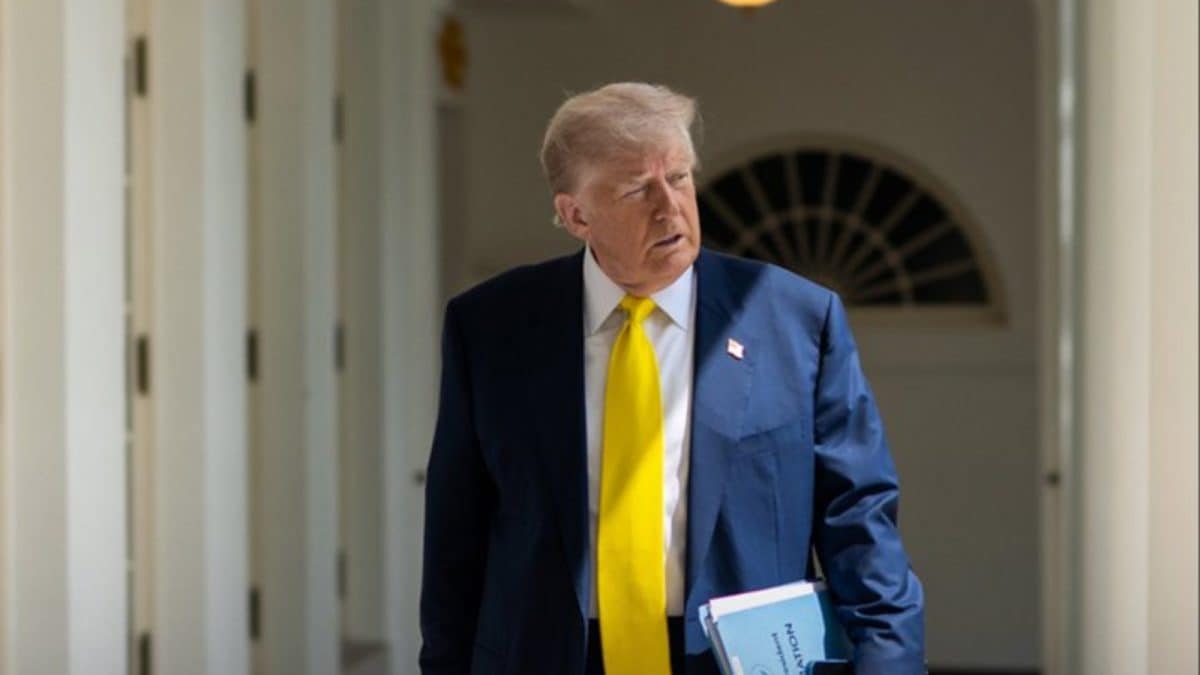ARTICLE AD BOX

Blockchain scaling network Polygon and fintech startup Anq are working on a new blockchain-based framework in India’s digital financial ecosystem, according to documents reviewed by this publication.
The two companies are said to be exploring a model tentatively called the Asset Reserve Certificate (ARC), a proposed sovereign-backed token that would be issued only against Government of India securities (G-Secs) and Treasury Bills.Sources familiar with the matter said the ARC is being designed as a regulated, non-speculative digital asset that mirrors the value of Indian Rupee while operating entirely within India’s financial perimeter. Each unit of ARC would be backed one-to-one by sovereign debt, creating a transparent and compliant digital layer that strengthens, rather than challenges, the Reserve Bank of India’s monetary framework.The concept envisions a system where the creation of digital tokens is directly linked to the purchase of G-Secs, ensuring that every coin issued corresponds to actual government assets. People aware of the proposal said this design could make it easier and potentially cheaper for the government to borrow or raise funds domestically by creating sustained demand for its securities. Instead of Indian liquidity moving offshore to back dollar-based stablecoins, it would remain tied to India’s own sovereign instruments, effectively converting the rise of digital assets into an opportunity to deepen the G-Sec market and reinforce monetary sovereignty.
Those tracking the discussions said the ARC is being positioned as a “complementary payment layer” to India’s central bank digital currency (CBDC). The proposed “Twin-Rupee” architecture would see the CBDC serve as the settlement backbone under RBI control, while the ARC issued by regulated private players functions as an interaction layer for faster, programmable, and low-cost transactions. This two-tier system, according to people close to the proposal, would allow private-sector agility in building new financial tools and cross-border systems, while ensuring the central bank retains full control over the monetary base.For individuals and businesses, a person familiar with the development said, the attraction lies in stability and trust. Since every ARC would be fully backed by government debt, users remitting money or making payments could have confidence that their digital holdings are as secure as the G-Secs that underpin them. The framework, insiders hope, could lower remittance costs and improve settlement speed, offering an alternative to speculative crypto assets and expensive international transfers.
“It gives you the utility of a stablecoin but without the volatility or foreign exposure,” said a person involved in the discussions.Polygon’s involvement lends the initiative global credibility. The blockchain network already powers regulated tokenization projects for Franklin Templeton, BlackRock, and JPMorgan, and handles a large share of global non-USD stablecoin volumes. Its experience with real-world asset tokenization gives it a proven foundation for large-scale, compliant systems.
Bengaluru-based Anq, meanwhile, brings a deep understanding of the Indian regulatory landscape and has previously developed tokenization frameworks aimed at improving MSME liquidity and financial inclusion.
Together, the two firms combine global infrastructure with domestic policy insight.The development comes just weeks after Polygon co-founder Sandeep Nailwal said at the ET World Leaders Forum that India could have its own stablecoin within the next few months.
Sources indicated that the ARC could effectively serve that role but with a critical distinction: it would be entirely collateralized by sovereign assets. “This is not another crypto coin,” one person familiar with the framework said. “It’s a sovereign-backed digital instrument.
The idea is to turn tokenization into a tool for strengthening India’s balance sheet, not someone else’s,” he explained.The intent, according to people familiar with discussions, is to create a compliant, transparent model that uses blockchain to modernize the financial system while keeping India’s monetary integrity intact.If successful, the ARC could give India a foot in the global race toward tokenized money, a system where digital assets are tied not to speculation but to real value, rooted in the credibility of the sovereign. It could simplify remittances, deepen bond markets, and lay the groundwork for an Indian stablecoin built on regulation, not risk.

 2 days ago
3
2 days ago
3








 English (US) ·
English (US) ·